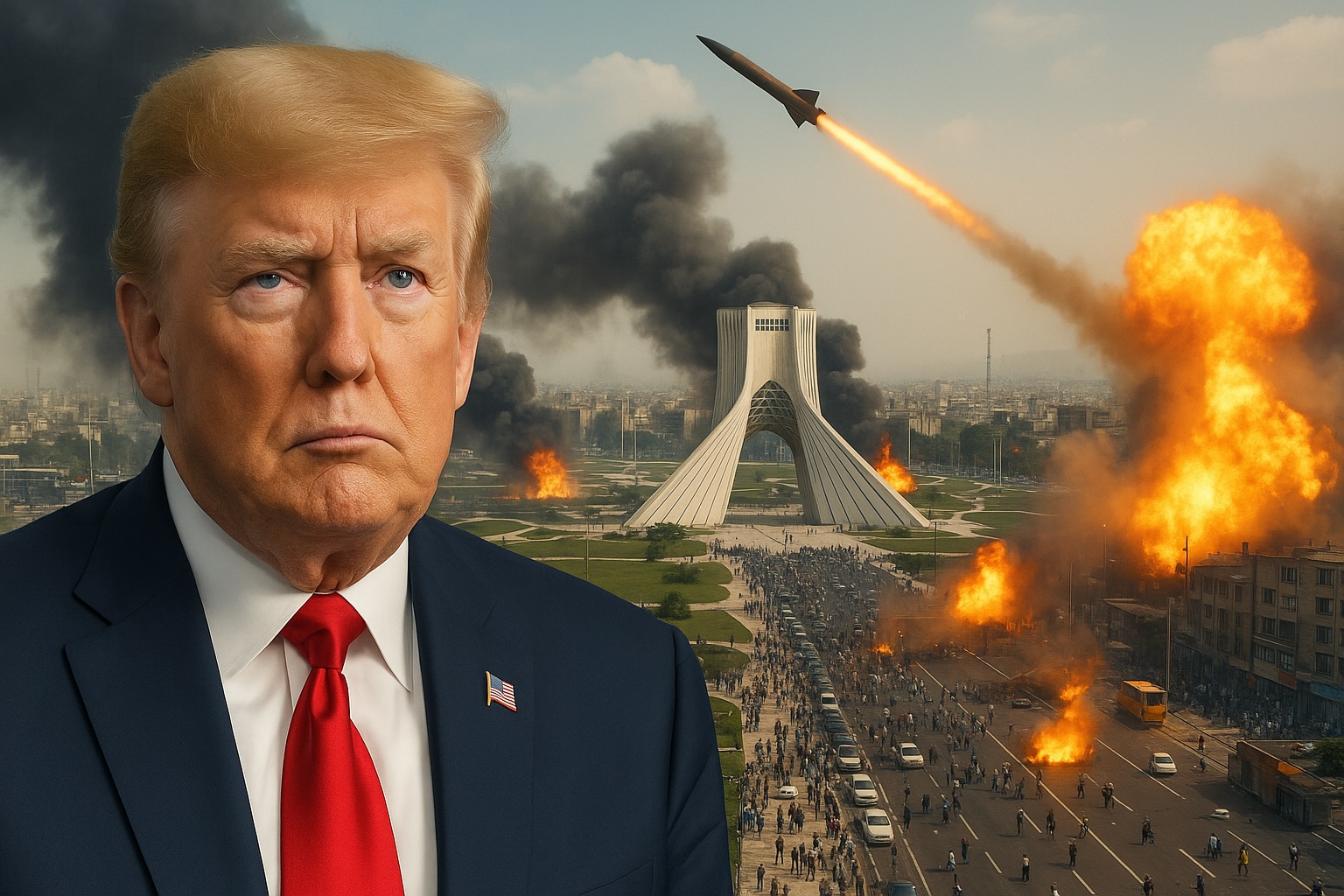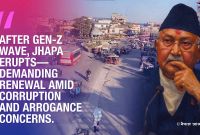Trump Nominated for Nobel After India-Pakistan Crisis, Amid India’s Objection and Iran Strikes

In an unexpected development that has stirred global conversation, Pakistan has formally nominated U.S. President Donald Trump for the Nobel Peace Prize, praising his intervention during a particularly volatile episode between India and Pakistan earlier this year. The proposal credits Trump’s “strategic vision” and “decisive diplomacy” for helping avert what could have become a full-blown conflict between two nuclear-armed neighbors.
The episode in question unfolded in May, during a stretch of days that saw intense cross-border shelling and airstrikes in the disputed Kashmir region. With casualties mounting and fears of a broader war gripping the region, the U.S. reportedly stepped in as an intermediary. By May 8, a ceasefire was announced — the product of behind-the-scenes diplomatic pressure, according to Islamabad.
Pakistan’s official statement characterized Trump’s actions as a display of “remarkable statesmanship at a moment of profound instability.” The statement further emphasized that his diplomatic engagement with both sides helped contain a crisis that could have imperiled millions across South Asia.
“This initiative should be recognized as a sincere effort toward conflict resolution and regional peace,” the Pakistani government said, highlighting what it sees as Trump’s credibility as a mediator in high-stakes geopolitical tensions.
Notably, Indian officials at the time offered a different perspective. New Delhi asserted that the ceasefire was achieved through direct talks with Islamabad, minimizing external influence in the outcome. This divergence in narratives points to the enduring complexity of India-Pakistan relations and the sensitivities surrounding international involvement.
According to the rules governing the Nobel Peace Prize, nominations may be submitted by national governments, academic institutions, and select individuals. While nomination alone does not guarantee selection, it places Trump’s name into consideration by the Norwegian Nobel Committee for the prestigious annual award.
Trump, who has frequently described himself as a peacemaker on the global stage, responded with a mixture of pride and resignation. Posting on his Truth Social platform, he remarked, “I won’t get a Nobel Peace Prize for stopping the war between India and Pakistan,” adding that no matter his achievements—be it halting hostilities between Israel and Iran or addressing the Russia-Ukraine war—he believes recognition may continue to elude him.
The nomination comes at a time of renewed instability in the Middle East. On June 13, Israel initiated a sweeping military campaign against Iranian targets, prompting retaliatory strikes from Tehran. The exchange has resulted in significant loss of life, with over 400 reported dead in Iran and more than two dozen fatalities in Israel. Many of the strikes have targeted nuclear facilities and senior military figures.
Trump, while asserting his preference for diplomacy, has not ruled out American involvement in the ongoing Iran-Israel conflict. He previously stated that he would decide within two weeks whether the U.S. would take a more direct role. At a recent summit in Geneva, European leaders and Trump discussed Iran’s refusal to resume talks as long as Israel’s offensive continues.
Trump’s critics remain skeptical of his international record, particularly in light of earlier critiques he made of his predecessor’s handling of crises in Gaza and Ukraine. Yet, the Nobel nomination from Pakistan reinforces a consistent narrative Trump has attempted to cultivate—of a leader willing to take bold, unconventional steps to prevent war.
As the world watches fresh conflicts unfold and new lines of diplomacy are drawn, Trump’s Nobel nomination serves as a reminder of how peacemaking efforts are often judged not only by their impact, but also by who tells the story. Whether the Norwegian committee deems him worthy of the prize remains to be seen, but the conversation surrounding his role in global diplomacy has been undeniably reignited.




![From Kathmandu to the World: How Excel Students Are Winning Big [Admission Open]](https://nepalaaja.com/img/70194/medium/excel-college-info-eng-nep-2342.jpg)
